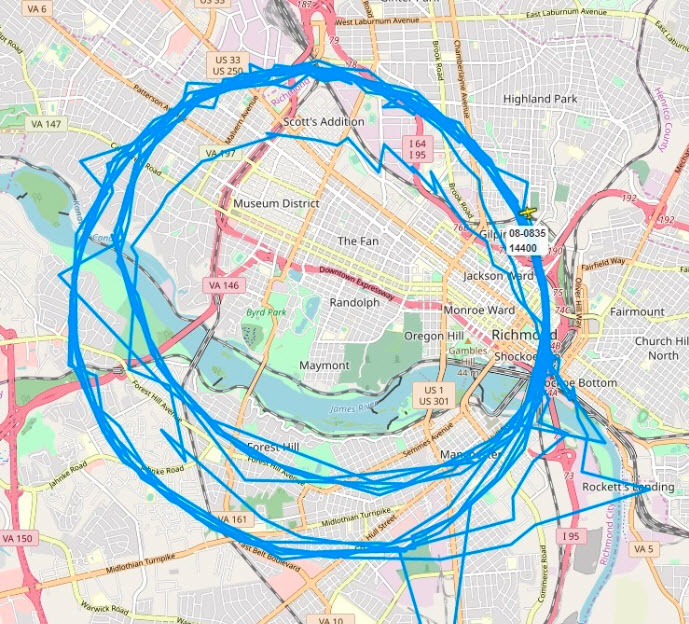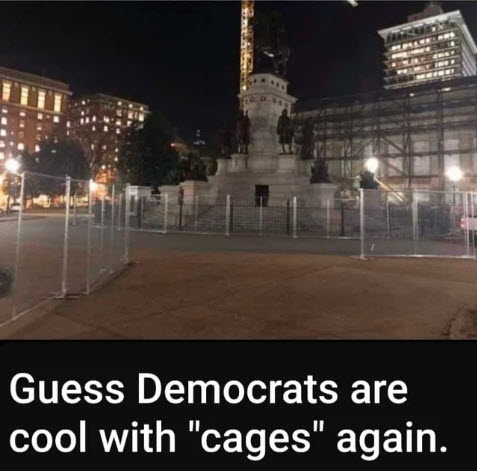Concerning the original post on Virginia House Bill No. 67, Mack sends this.
My analysis, brief though it may be, is that concerns about this bill are misplaced.
Lee Carted prefiled HB67 before the Sanctuary Movement really began (with the ‘We will not comply’ defiance).
Carter is a Progressive and a Labor activist. He’s part of the movement to repeal our great Right-to-work law.
It’s really been the VA FOP that’s been pushing this idea that’s it’s about cops.
Carter is spending a whole lot of time on his twitter feed on this:
Highlights:
His twitter:
I asked for alternate interpretations of the bill, and this is one. I find it an odd one, and beyond that, my first inclination is not to trust a collectivist.
Reading his Twitter posts carefully, he had an original proposed bill that read differently, and I located this. Based on other Twitter posts, he makes the claim that he amended his bill because the republicans objected that his bill leaves the police able to go on strike.
So we are to believe that he wanted republican help with this bill when it’s not likely that a republican in Virginia would have ever voted for the bill in either its original or amended form. Furthermore, he doesn’t need republican help in a democrat-controlled legislature.
But let’s assume for a moment that he’s telling the truth. Go back and read his amended bill in light of his claims and tell me if the bill makes any sense at all.
It doesn’t to me. I’ve read and interpreted state laws and the federal code for 38 years, and it reads like a chop job by someone in a hurry, leaving the final section (40.1-58.1) to muddle the issue. With that last section, the proposed bill even seems to roll back in every other state employee as forbidden from striking. I see no reason at all for this last section to be in the regulation given the other changes he’s made.
At any rate, you now have a different interpretation. I find it dubious. I’ve never seen such a mixed up regulation before. The author is obviously an idiot, or he didn’t get a lawyer’s help with it. Or perhaps both.





